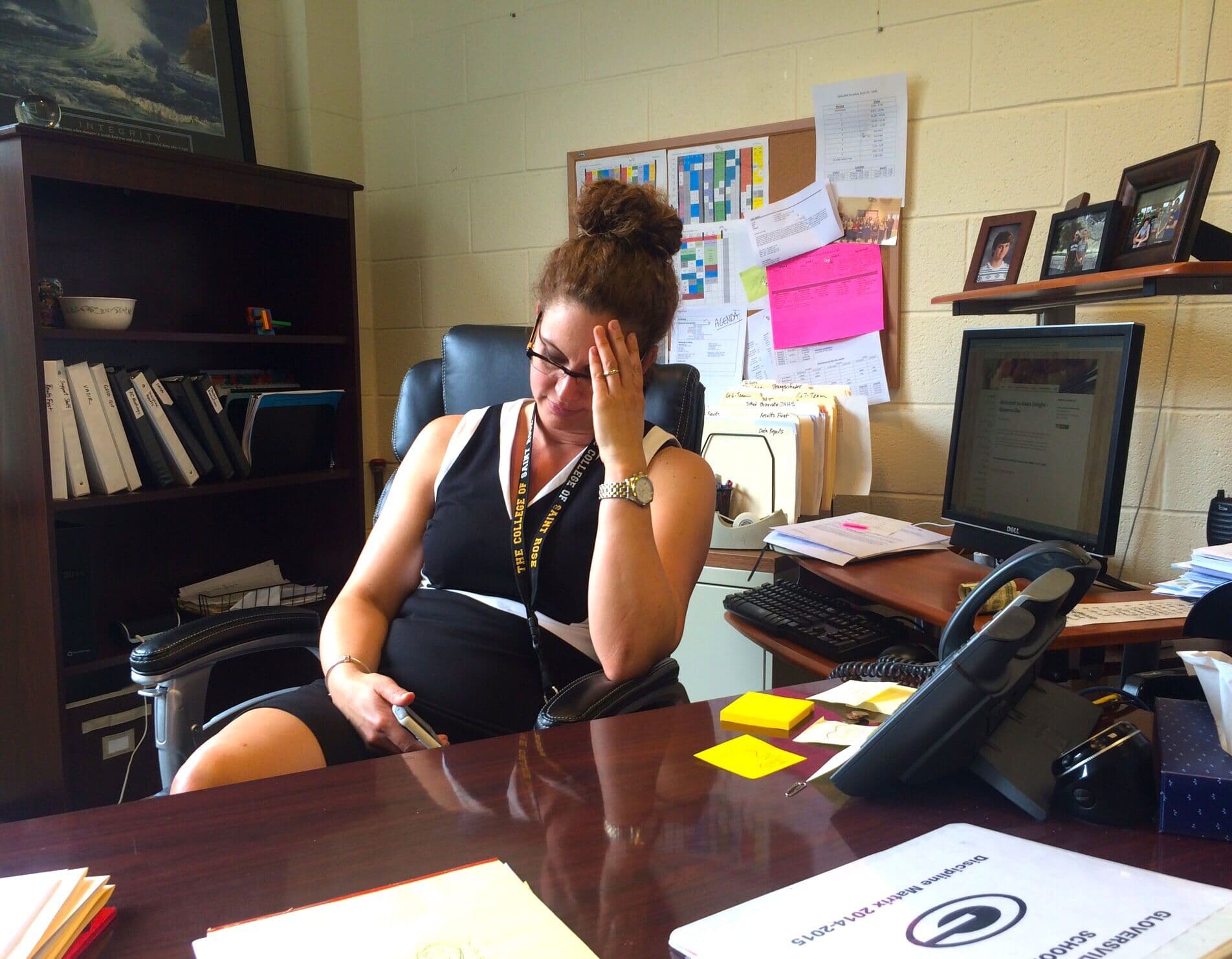Tips for Requesting Maternity Leave
Maternity Leave
Obie Editorial Team

Telling your employer about your pregnancy is a difficult decision. It is not so much about sharing the wonderful news, but about when to share that news. Some expecting mothers choose to wait until after the first trimester to tell an employer of their pregnancy. Statistically, after the first trimester, the pregnancy is less apt to end in miscarriage. After the first trimester, it is important to think about pregnancy timing and lay out post pregnancy work plans.
If your income is financially relevant, think through your post-pregnancy plan carefully. Many mothers want to stay home with their baby for the first year, but not all mothers are in a financial situation that allows such a prolonged maternity leave and disability payments will not continue for one year.
Timing is Crucial
After the first three months of pregnancy have passed, talk to your significant other about maternity leave and post-pregnancy plans. Some women choose to work up until the day labor starts, and others choose to take off a few weeks before the due date to rest and make final preparations for their baby. FMLA laws allow for 12 weeks of maternity leave, but this time does not take into account sick leave, vacation and personal time accrued with your employer.
Telling Your Employer In Person
It is best to tell your employer about your pregnancy in person. Email and phone communication are easier, but a face-to-face reveal tends to be more appreciated and considered more professional. Typically, expecting mothers tell employers of their pregnancy in the second trimester before the pregnancy starts to show.
Notifying Your Employer of Maternity Leave
At least 30 days notice is required for planned maternity leave. In the case of emergency maternity leave, there is no set time frame to follow. Planned maternity leave requires paperwork, especially if the mother is applying for short term disability benefits. Some paperwork must be signed by the attending physician, so plan early to reduce stress.
Lean on Friends and Co-Workers for Advice
In most cases, one or more co-workers and friends will have experience with pregnancy during employment. Ask questions about how they handled the situation. This can be especially helpful if co-workers had told your current employer about their pregnancy and planned through maternity leave, short term disability and return to work.
Pregnancy is a thrilling time in life, but telling an employer of the pregnancy can be stressful. Many expecting mothers fear losing their job due to the time lost during pregnancy and after birth, but FMLA laws protect most employees in these cases.








